The question of whether it is possible to have free and fair elections when political parties don’t allow internal competition to produce candidates is a recurring debate.
As Nigerians, this is a question that is as old as the Fourth Republic. If anything, it is a challenge that has produced a cancerous reality whereby inability of political leaders to subordinate themselves to competitive practices internally within the structures of their own parties, create the current ugly reality of higher disposition to manipulate electoral results, which invariably nullified the votes of electorates. This was the reality that weakened the support base of the PDP between 2003 and 2015. In fact, it was a reality that made many leaders of former opposition parties, who are today’s ruling politicians to agitate for ‘one man, one vote’, largely because of the frustration with high incidences of rigging of elections in the country by PDP.
Join our WhatsApp ChannelSadly, the same people who aggressively and successfully mobilised Nigerians against the PDP based on ‘one man, one vote’ campaign are also behaving exactly the way PDP leaders behaved between 2003 and 2015. Painfully, in the process, a party that emerged with so much promise, APC, winning the support of Nigerians is almost destroyed and on daily basis creating conditions for its own electoral funeral. As loyal members of the APC, we must remind our leaders that parties become more prone to electoral defeat when they resist or block internal pressures for leadership change.
READ ALSO: Travesty Of Nigerian Democracy – Salihu Lukman
APC’s electoral victory in 2015, for instance, could be partly explained based on the refusal of PDP leadership to recognise and respect the yearnings of party members and leaders. It was the inability to respect internal yearnings for change that produced the splinter group of New PDP, which eventually joined the merger that produced APC in 2013. Combined with other factors outside PDP, especially the ability of leaders of the opposition parties under the defunct Action Congress of Nigeria (ACN), All Nigeria Peoples’ Party (ANPP) and Congress for Progressive Change (CPC) to negotiate a successful political merger, which bolstered public confidence, APC’s electoral victory of 2015 was resoundingly accomplished.
Since 2015, having won the elections at national level, emerged as the ruling party in the country, the structures of the APC have increasingly become narrow. Meetings of organs are not taking place, access to leaders have become very difficult, if not impossible. Unfortunately, most demands for access are reduced to question of access for opportunities for political appointments and other privileges largely because that is also the prevailing reality. In the process, opportunity to manage governance differently by producing policies that are representative and responsive to interest of Nigerians is lost. Consequently, we end up constantly reproducing old realities whereby the business of political parties, including the APC is limited to producing candidates for elections.
Should we allow that to continue? Being members of the APC, what are our options in terms of engaging our leaders to open the party and allow internal competition to take place, especially on the question of producing candidates for election? Without attempting to directly respond to some of the criticism by Comrade Adams Oshiomhole about engaging issues publicly, it is important to draw attention to the fact that the issues we are dealing with border on the survival of our democracy and ensuring that our democracy is responsive and representative. These issues test the strength of our loyalties as citizens of the Federal Republic of Nigeria. Should our loyalty to the party be stronger, or should our loyalty to our country be stronger? The danger of loyalty to our party becoming stronger will reduce us to the status of being members of secret cult. No member of any political party has signed any oath of allegiance that subordinate him or her and therefore make them to operate as members of a cult.
Expectedly, Nigerian political parties are required to be open through meetings of their structures, as provided by their constitutions. The big draw back is that when structures of political parties don’t meet there are no penalties. With meetings not taking place, individual leaders take decisions, which directly affect members with grave consequences on the electoral prospects of the party. To mitigate these consequences, party leaders then pushed themselves to the overdrive electoral mode of rigging elections. Once that is the case, politics is no longer about developing strong relation with citizens. This is completely unacceptable. To take Comrade Oshiomhole back to his analogy of the family, it must be recognised that this is like the hurtful incidences of force marriages, which existed in our families. As members of our respective families, we had to come out publicly to fight such menace with all our convictions, even if it means losing all the privileges, which being family members may guarantee.
We must appeal to our leaders, including Comrade Oshiomhole not to be carried away by the aura of being todays rulers and conduct themselves in the same mode previous rulers of Nigeria conducted themselves. As party members, we are left with hardly any option but to engage our leaders publicly, given that the structures of our party, APC, are closed, and we don’t have the kind of access that would enable us to influence the decisions of our leaders. It also should be emphasised that as much as possible in engaging issues publicly, many party members do so with respect, but sadly, response of leaders is hardly the case. Because of disagreement with decisions of leaders, many of us are condemned and most times called abusive names.
Perhaps, it is important to remind our leaders where we are coming from. Nigerians fought against the military, campaigned for democracy, and eventually won to have the current Fourth Republic in 1999. Between 1999 and 2015, we had PDP as a ruling party, which took Nigerians for granted by blocking internal democracy within PDP on account of which Godfathers took over the PDP and impose candidates for elections across board. Led by the APC, in 2015, Nigerians rose to defeat the PDP. Having emerged as a ruling party since 2015, APC leaders have become just like the PDP, blocking all avenue of internal party contests. With every election, the situation is getting worse.
Internal contests within the APC are reduced to whether the party should abandon its founding vision and collapse into the conventional way of organising political contests in the country. The founding vision of the party is about having all party members to participate in the process of producing candidates for elections through direct primary. In fact, the debate around direct or indirect primary has been a constant issue in APC since 2014. Part of the experience is that aspiring politicians and by extension godfathers continue to impose their preferences, with the direct consequences of undermining initiatives within the party to develop new organisational frameworks that can allow for broader participation of members. This reflects Antonio Gramsci’s thesis about ‘the old is dying and the new cannot be born.’
Most of the public debate about internal democracy within Nigerian political parties hardly addresses the fundamental issues of membership management, party funding and administration. So long as political parties in Nigeria are not challenged to alter the current framework, which reduces party members to being free riders with no financial responsibility, and party leaders at all levels becoming surrogates to aspiring politicians, effectiveness of legal provisions will remain weak. With all its problems, in its short period, more than any party in the history Nigeria, at least in this Fourth Republic, APC has some empirical evidence to prove that a law compelling political parties to use the direct method involving all members of the party to select candidates for elections can exist but will not stop politicians from undermining the process.
Recall that ahead of the 2019 elections, the decision in APC was that stakeholders in each state will decide on the mode of primary to select the APC Governorship candidates for 2019 elections. In the case of Presidential primary, former President Buhari opted for the direct primary. In many of the states, the votes returned for former President Buhari were quite higher than the votes during the general election. For instance, Lagos State returned 1.9 million votes during the internal party primary but only got 580,825 votes during the general elections. In fact, the total voter turnout during the general election was just around one million. Similarly, Kano State returned 2,931,235 votes for the President during the party primary. But during the general election he got only 1,464,768. Like the case of Lagos, the total voter turnout for Kano State during the general election was less than two million.
Instances of clear manipulations using direct primary are also evident at state levels. For instance, in 2019, through direct primary, Lagos State APC declared Mr. Babajide Sanwo-Olu winner of the election with 970, 851 votes. Then incumbent Governor, Mr. Akinwunmi Ambode was reported to have scored 72,901. During the 2019 Governorship election, Mr. Sanwo-Olu polled 739,445 votes to defeat Jimi Agbaje of the PDP, who polled 206,141 votes. Why did more than 200,000 APC members who votes for Mr. Sanwo-Olu during the direct primary fail to come out to vote for him during the general elections.
The vulnerability of direct primary to manipulative intrigues of political leaders was further confirmed during the Anambra 2021 Governorship election. The APC candidate in the election, Sen. Andy Ubah, during the APC primary election was said to have emerged with 230,201 votes but only got 43,285 votes during the election. Some measure of honesty is required from all leaders to address problems of internal democracy within political parties in Nigeria. No doubt, Nigerian democracy needs to be deepened to broaden the participation of party members in the process of selecting party candidates. But given the way some APC leaders are desperately and aggressively campaigning for direct primary, with all the current ambiguities, makes it suspect.
APC emerged in 2013 with the commitment to bring about political change in the country. One of the changes envisioned by the founding leaders of the party was the adoption of the direct method, which is to broaden the participation of members, not just few delegates, in the process of electing party candidates at all levels. Between 2013 and 2015, there were internal debates in the APC to develop the necessary infrastructural platforms that should allow all members of the party to elect both leaders and candidates. Under Chief Bisi Akande’s Interim Management leadership, substantial investment was undertaken towards establishing computerised membership Data Centre for the whole country, located at No. 10 Bola Ajibola Street, off Allen Avenue, Ikeja, Lagos. Sadly, PDP government under former President Jonathan Goodluck vandalised the Data Centre on November 22, 2014 based on the claims that the Department of State Services, (DSS), which carried out the attack, acted on a petition which alleged that the Data Centre was being set up to ‘clone INEC Permanent Voters Card with the intention of hacking into INEC database, corrupting it and replacing them with their own data.’ (Premium Times, November 23, 2014).
Issues of maintaining verifiable membership register is a condition precedent for the conduct of direct primary by any political party. Experiences under APC is that direct primary is being conducted without verifiable membership register, which empowers party leaders to simply write results in favour of aspirants they want to emerge as candidates for elections. Once that is the case, winning elections will hardly be about winning the votes of electorates. The same logic that is applied to produce candidates, which is manipulating results of primary will be used during the elections. Campaigns will be weakly committed to winning the support of the electorates.
Related to issues of membership management is the primary question of party funding. So long as political parties in Nigeria are not challenged to alter the current framework, which reduces party members to being free riders with no financial responsibility, and party leaders at all levels become surrogates to aspiring politicians, incidences of manipulation to produce candidates will remain strong and effectiveness of legal provisions, including abiding by extant provisions of party constitution to produce candidates will continue to be violated. Once that is the case, party members will be shortchanged as unpopular candidates will be produced.
This is the unfortunate reality, which has greatly weakened capacity of political leaders and institutions, including political parties to be able to facilitate or resolve political challenges in Nigeria. Is it possible to have democracy without political competition? In other words, is it possible to have election without contest? These are old questions, which made the American political scientist, Francis Fukuyama in his controversial book, The End of History and the Last Man to argue that “there is no democracy without democrats.”
The absence of competition in Nigerian democracy, especially in our political parties is responsible for so many unpredictable political circumstances and is making political leaders both unsure and insecure. This has basically reduced Nigerian politics to a game of conquest. A major attribute is that political leaders are conquerors, while party members and ordinary citizens are the would-be conquered. Arguably, while in other parties, including PDP, this is a well-established order, in APC, although highly contested, it is also increasingly becoming the norm. The recent decision by the APC National Working Committee (NWC) regarding the 2024 Edo election, whereby the NWC announced that the party’s candidate will emerge through direct primary may be informed by the strong desire of party leaders to manipulate the process. Already, there are media reports alleging that APC Stakeholders in Edo State have decided to limit the number of aspirants for the primary.
These are troublesome realities. Troublesome because the decision of the NWC to organise direct primary contradicts provisions of Article 13.4(iv) of the APC constitution, which only empowers the NWC to ‘propose electoral guidelines and regulations governing the conduct of elections to Party offices at all levels, and procedure for selecting Party candidates for elective offices …to the National Executive Committee.’ The decision of the NWC to produce the Governorship candidate of APC for the Edo 2024 election based on direct primary is a clear usurpation of the powers of the National Executive Committee (NEC), which is illegal.
Combinations of illegality, clear disposition by APC leaders to manipulate the process of producing candidates could only mean that APC leaders are weakly committed to win the support of electorates. Once that is the case, it makes APC leaders more disposed to acts of rigging and manipulating electoral results with the attendant consequences of producing elected representatives on the platform of the party who are anything but representative or responsive to the interest of citizens. As loyal APC members, we will continue to appeal to our leaders to moderate their conduct and return to the founding vision of APC.
The founding vision of APC is for all members of the party to participate in producing the candidates of the party through a process which guarantees the existence of verifiable membership register. As it is, APC has no verifiable membership register anywhere. If it exists, like the case of INEC voters register, it should be displayed publicly long before the conduct of the primary for verification. Many APC leaders, including President Asiwaju Bola Ahmed Tinubu and Comrade Oshiomhole were in the frontline of the struggle for democracy in Nigeria. Now that they are the elected leaders of the country, they must justify that by demonstrating that they truly led the struggle for democracy based a conviction to end dictatorship in all its ramification. They must not imagine that because they were in the frontline in the struggle for democracy in 1990s, that gives them the license to permit, or even promote practices that undermine democratic values.
Beyond anything, the big test is the question of democratising the APC as a political party. Being the first time in this Forth Republic we are having elected leaders such as President Asiwaju Tinubu and Comrade Oshiomhole who were in the frontline of the struggle for democracy in the 1990s, they should justify that by ensuring that Nigerian political parties are truly democratic. Being leaders of APC, APC must emerge as a distinctly democratic party based on abiding respect for rule of law, which should be well reflected in a strong commitment to manage affairs of the party based on compliance with provisions of the APC. Anything short of this, will diminish the credentials of our leaders, including President Asiwaju Tinubu and Comrade Oshiomhole. May Allah (SWT) touch the heart of our leaders to function as democrats and not dictators, based on which they return APC to its founding vision and refrain from acts of manipulation to produce candidates of the party for all elections. It is only by allowing democratic process to produce candidates that popular candidates can be produced on sustainable basis. Anything, short of that will push leaders to seek to manipulate emergence of candidates, which will become the catalyst for rigging elections!
Salihu Moh. Lukman former APC National Vice Chairman (north west) writes from Kaduna.


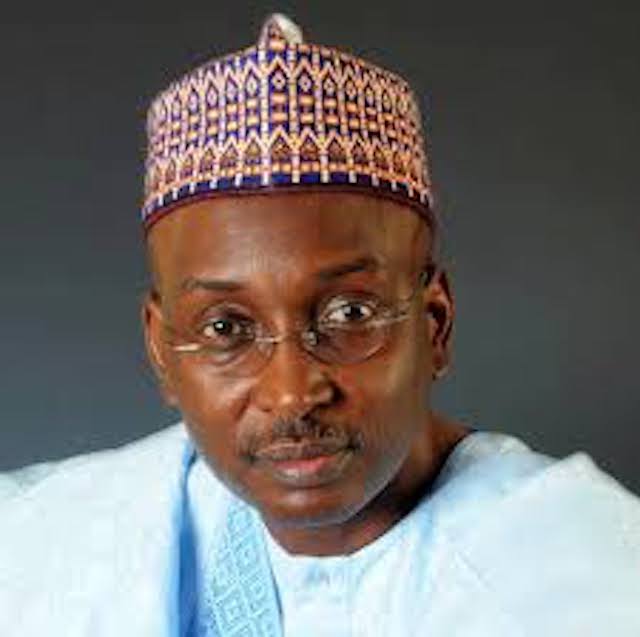
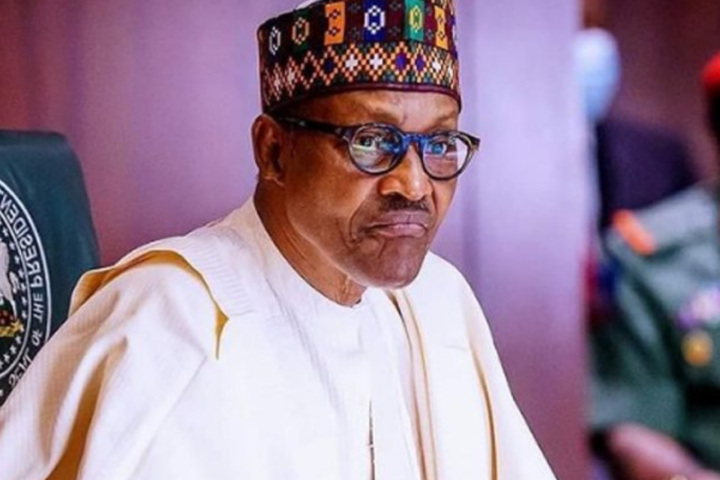
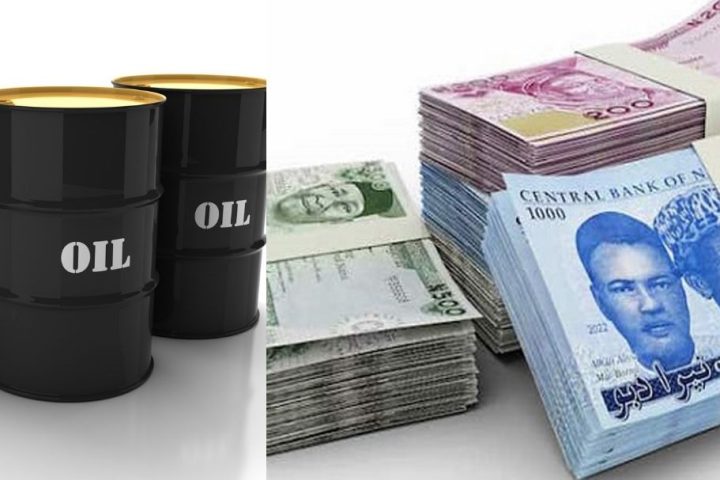
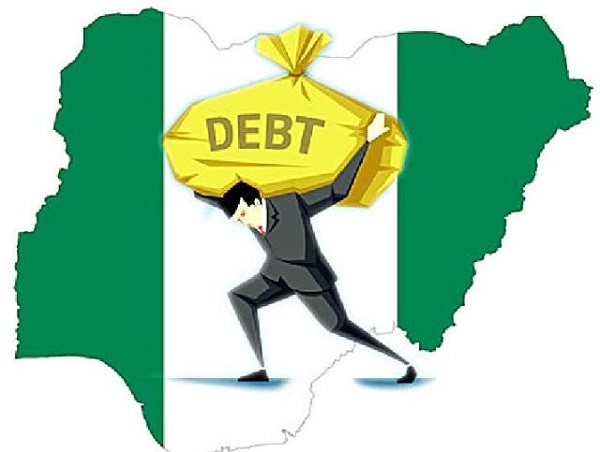

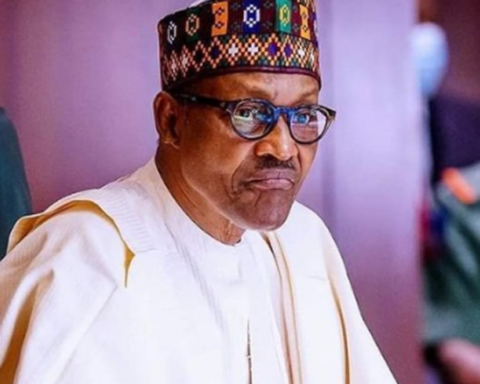







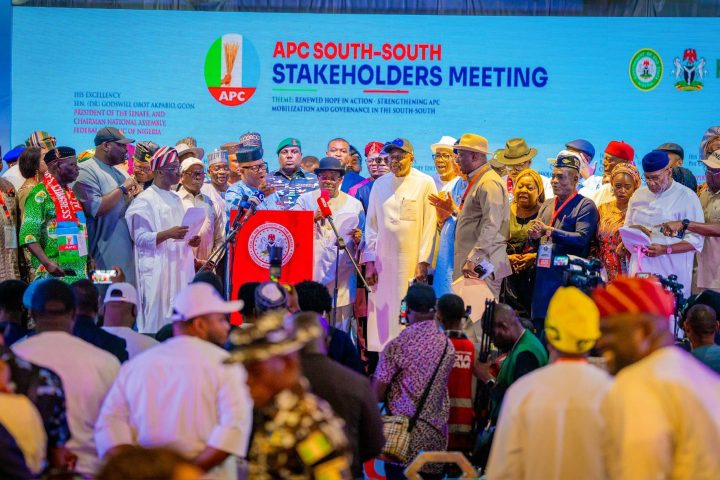
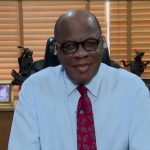
Follow Us